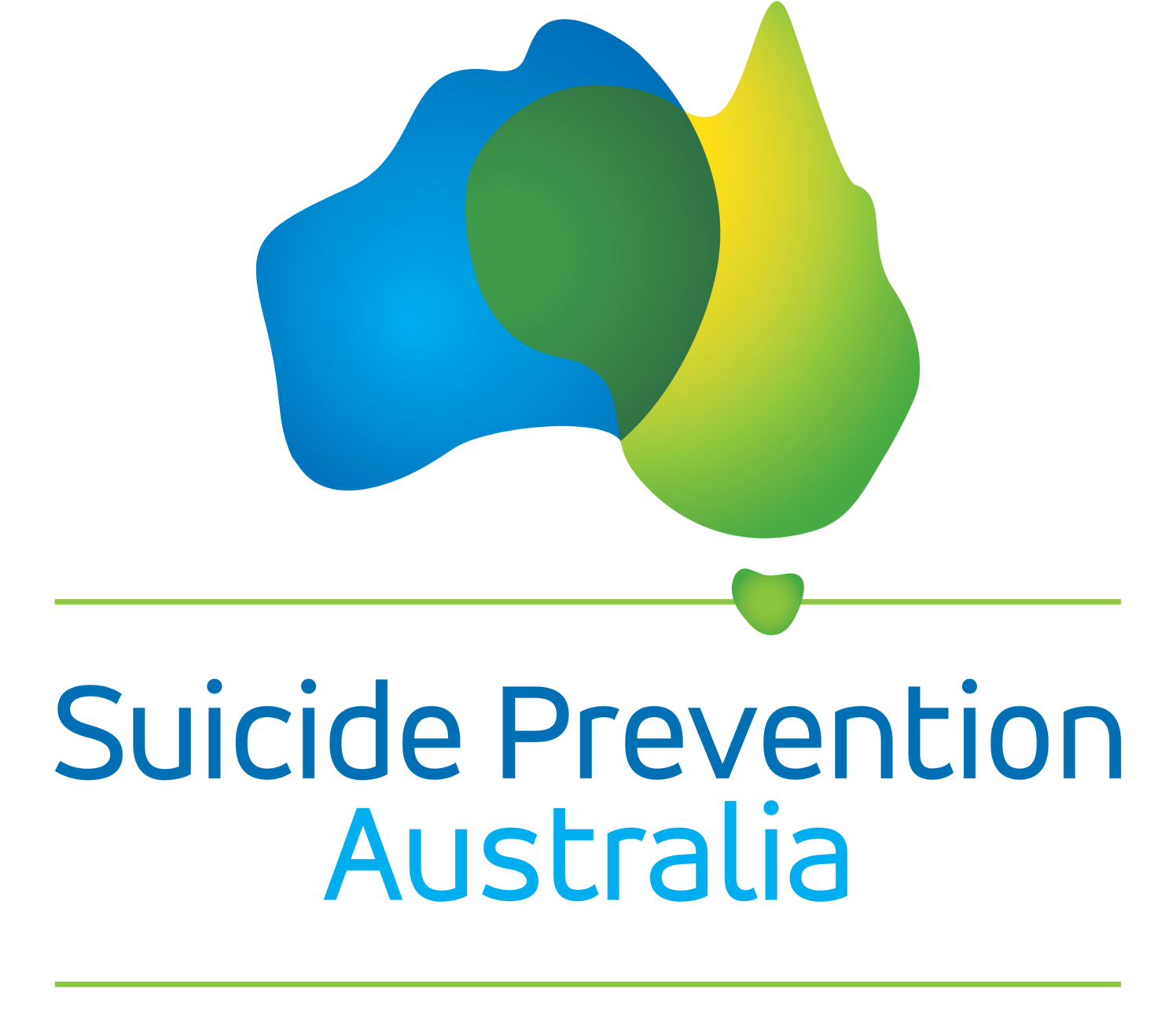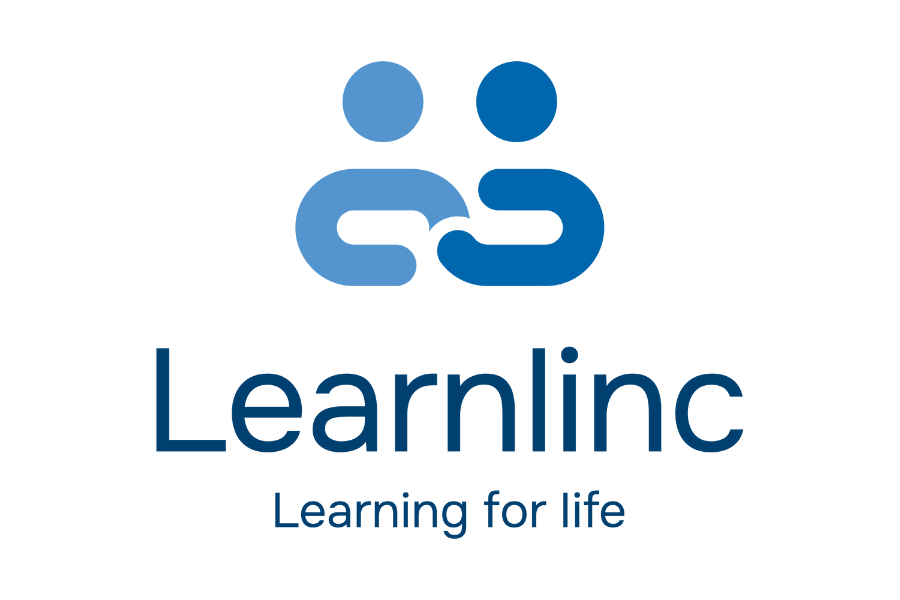A lived experience of suicide includes those who have experienced suicidal thoughts and behaviours, survived a suicide attempt, cared for someone through suicidal crisis, or are bereaved by suicide.
What is Lived Experience?
The Importance of Lived Experience
People with lived experience are uniquely placed to inform how the sector can better identify people before they reach a crisis point, support people through a crisis, and support those grieving and/or bereaved.
Their personal journeys provide valuable insights into the complex nature of suicide, helping to shape effective strategies and support systems. By sharing their lived experience, these individuals offer a profound understanding of the challenges, emotions, and vulnerabilities that contribute to suicidal thoughts and behaviors. Their first-hand knowledge fosters empathy, compassion, and a genuine connection with those who are struggling, making them powerful advocates and allies across suicide prevention.
Incorporating their voices ensures that the suicide prevention sector remains grounded in real-life experiences and empowers organisations to develop comprehensive, inclusive, and impactful solutions that can save lives.
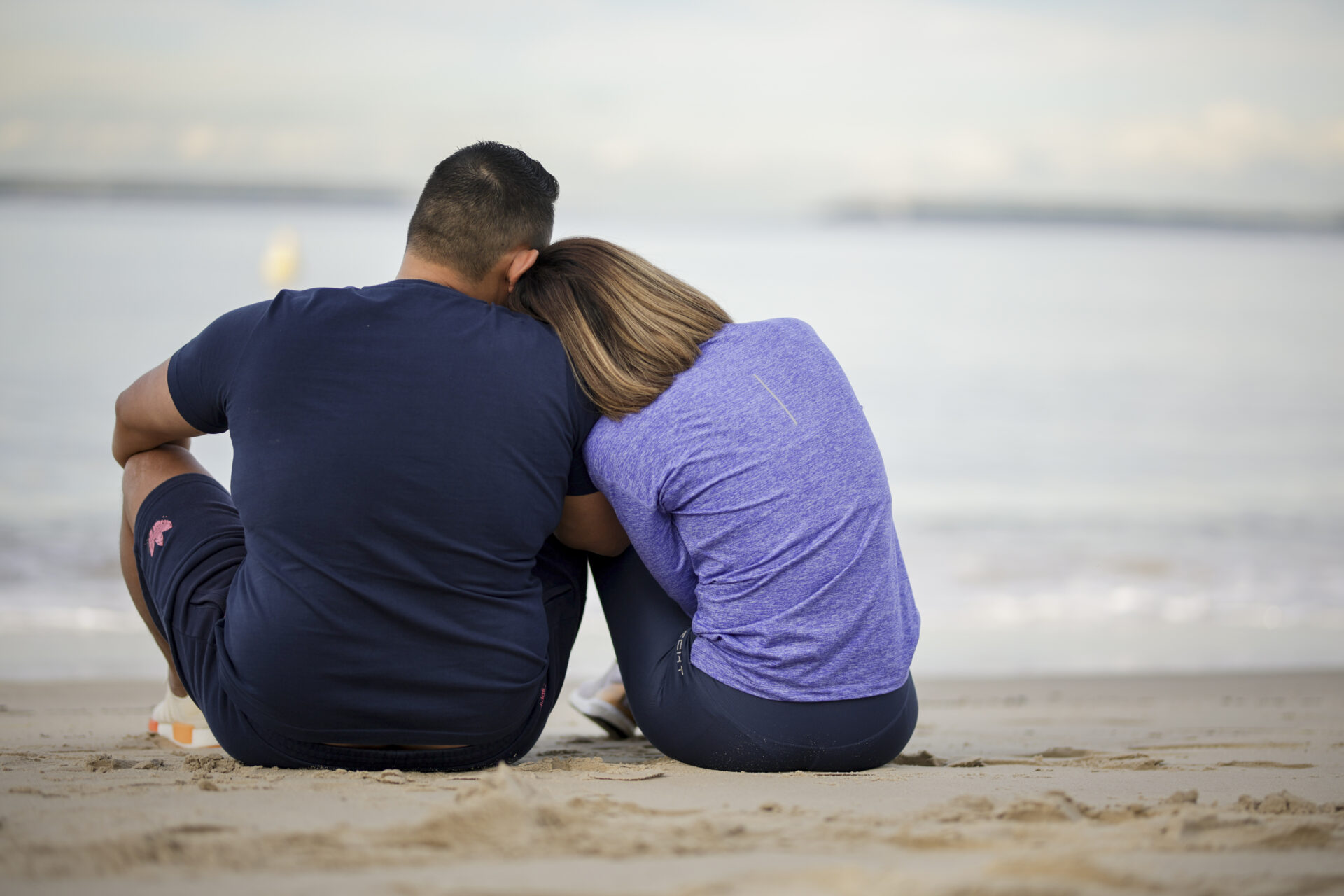 Everymind © Photo by Salty Dingo 2022
Everymind © Photo by Salty Dingo 2022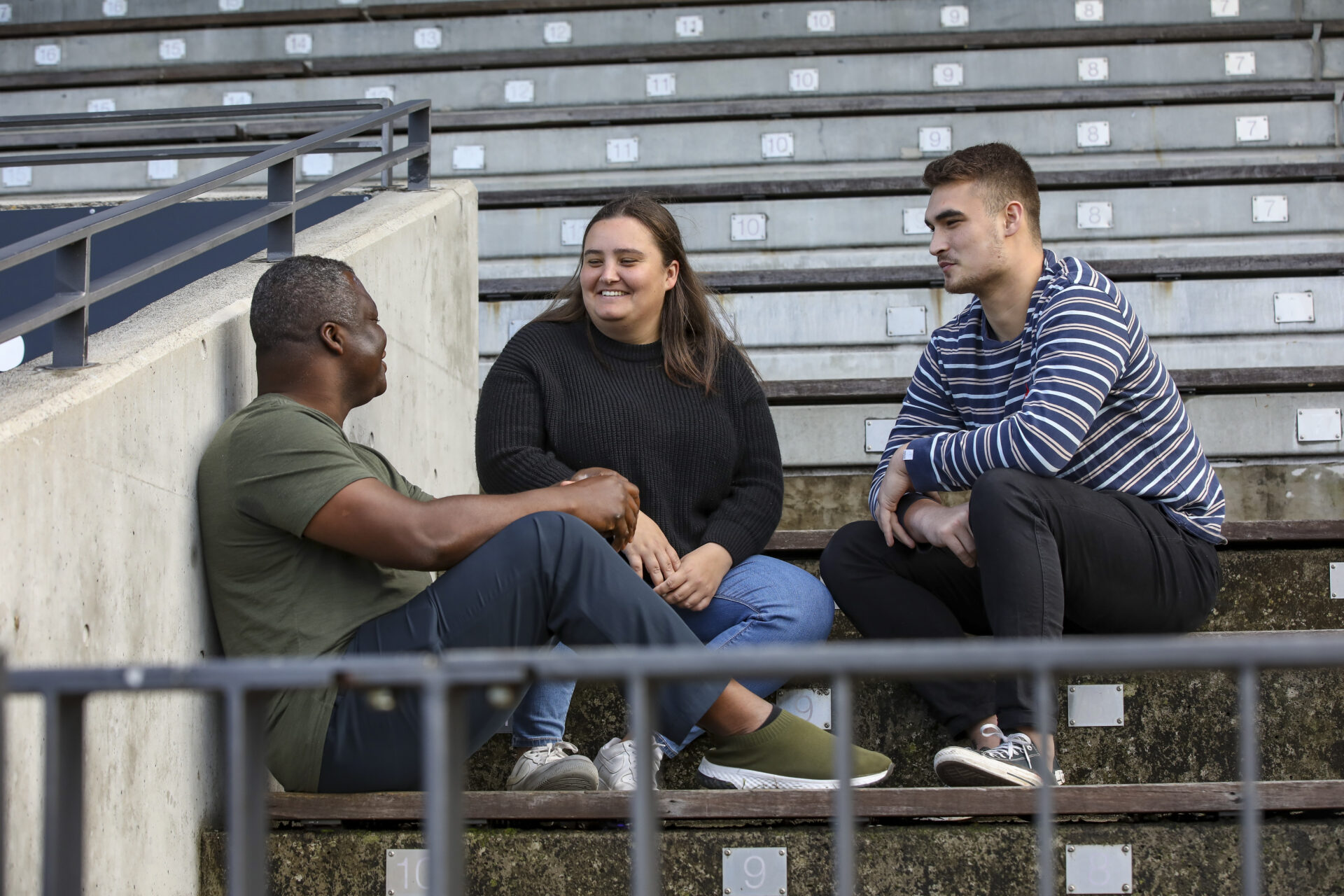 Everymind © Salty Dingo 2022 CK
Everymind © Salty Dingo 2022 CKLived Experience at Suicide Prevention Australia
Reflected in our strategic compass, lived experience of suicide is integral to our work at Suicide Prevention Australia. Working with people who have a lived experience of suicide allows us to better represent our members’ views and experiences to the government and other external groups.
As an organisation, we are proud to have people with lived experience on our team at all levels of the organisation. Many of our organisational members represent people with lived experience, have been born from lived experience, or actively include the voice of lived experience in their activities. Our members, Black Dog Institute, and Roses in the Ocean, are funded to provide lived experience leadership under the federal government’s National Suicide Prevention Leadership and Support Program.
Suicide Prevention Australia is grateful to have a Lived Experience Panel, who actively participate in many of our committees and collaborate with us on major projects. Members of our Lived Experience Panel participate on:
- Our Board
- Joint State and Territory Committees
- Research Advisory Committee
- Policy Committee
- LiFE Awards judging
- The National Suicide Prevention Conference abstracts, program development and bursaries
- Consultation on marketing and communication projects
- Consultation on quality, systems and practice projects
- Consultation on membership projects and events
- Consultation on policy and government relations projects
Tanya Blazewicz
Read MoreA suicide survivor, Tanya has survived her own attempts and has lost loved ones to suicide. In 2016, after finding that the mental health system was in need of repair, Tanya joined a local consumer & carer group and started her advocacy journey. She has since obtained her Cert IV in Mental Health (Peer Work) and used her lived experience to support others through crisis. In 2020 Tanya led the Learning from Lived Experience (LfLE) suicide prevention project at SA Lived Experience Leadership & Advocacy Network (LELAN). This project amplified the lived experience insights and solution ideas of more than 100 people with a lived experience of suicide, crisis/distress. You can read more about it here: www.lelan.org.au/carenottreatment Involvement in the Lived Experience space and especially in advocacy has helped Tanya find a sense of community and purpose – ultimately making life worth living.
Tanya’s motivation to be a member of the Lived Experience Panel for Suicide Prevention Australia is to continue to help amplify the voices of people with a lived experience – and ensure lived experience is included at every level of suicide prevention. This comes from her own experiences of feeling unheard, or silenced within the mental health system. There is a sense of validation and freedom in having your voice heard, but more than that, the vulnerability in sharing your story builds connection. The hope and purpose that Tanya has gained from the lived experience community can not be understated.
The message of hope that she would like to offer others is:
“I was once in a mental health ward after surviving an attempt, and the weather outside the ward matched my mood at the time. It would not stop raining. For days on end the skies were grey and it bucketed down. Then one day, the clouds parted and just for a short time – not even half an hour – sun shone down and warmed my skin. I sat outside and bathed in it, enjoying every moment. And then I realised that if 30 minutes of sunshine could make up for weeks of gloomy weather, so too could a moment of happiness. So I stopped chasing perpetual happiness, stopped hoping to feel good all the time. Instead, I started looking for sunshine moments – however brief – and started finding reasons that life was worth living again.”
GLENN COTTER
Read MoreGlenn is a member of the Suicide Prevention Australia Lived Experience Panel and a member of the Voices of Insight with Roses in the Ocean, along with being recognised in the Barbra Hocking Awards for work in ‘Suicide Prevention and for Services to the Community’ by Bega Valley Shire Council.
Glenn is passionate about the value of lived experience in suicide prevention and suicidal crisis counselling and has joined the Lived Experience Panel to help those in rural and regional areas have a voice.
LEILANI DARWIN
CATHERINE DAVIES
Read MoreCatherine is also in a caring role for her daughter who is autistic and undergoing gender transition. This gives Catherine some insights into to stigma and stressors imposed on transgender Australians. Catherine is the proud mother of five adult children; three sons and two daughters. Catherine is an active member of the Mid Murray Suicide Prevention Network, an independent corporation that ultimately sits under the banner of Wellbeing SA.
MARK DAVIS
Read MoreOver 30 years later, I’ve gone from detective in charge of a police station to being a member of the Lived Experience Panel for the peak body for suicide prevention in Australia. I’m providing part of the pool of knowledge to understand the problem, and in some small way to assist with solutions. I hope I can prevent others suffering as I did. To anyone that is thinking of taking your own life, please pause just a moment. It is too big a problem to go it alone, tell someone about your problems. The help offered by others will make all the difference and open up a new world. I’ve lived a long life with my conditions, I am accomplished and satisfied, and most importantly I can now accept support and love, and provide them in return. Mark is occupied full time on a voluntary basis in the mental health and suicide prevention arenas for which he was awarded the Tasmanian LiFE Award. His work includes ongoing assistance to individuals as a peer support worker for which he has received the governor generals medallion.
LIDIA DI LEMBO
Read MoreLidia is very active in advocating for improved and accessible mental health services for those who need support; further developing the peer led workforce as clinicians, whilst needed, are not the only ones who can assist those in distress; and through her involvement in Postvention Australia as Co Chair also helps strategically elevate the voice of those bereaved by suicide who are at high risk of suicide after a loss. These roles including being a member of the SPA Lived Experience Panel enable Lidia to collaborate, influence and contribute to the future development of government policy and strategies in suicide prevention and postvention.
Rosiel Elwyn
Read MoreRosie’s message to others is to believe in your own power for healing, and your own possibility to heal. Know that others like you have found healing, re-connection to themselves others and the world, after their disconnection and pain. Others like you have found meaning after suicidal thoughts, surviving suicide and surviving suicide loss. We are writing our own futures that look so different from the beginning of our pain. Futures we could not have imagined, and futures that terrified us to think of. Know that it’s possible, and it’s possible for you. Know that you’re not beyond healing – you’re not beyond help, or too broken, or too different from those who have healed and those who will. All that you’ve survived, all that’s happened to you, the harms that have been done to you, and the pain or loss that you are feeling: isn’t what defines you or makes you who you are.
You define you, and you decide who you are. Your story and survivorship is all your own. Healing can take place in the ‘smallest’ acts of self-compassion that build over time. In finding ways to make it easier between each breath until survival has to be thought about less. In talking and expressing yourself more and realising your voice is meaningful and deserves space. You are more powerful than you know, and you have the power to heal.
JØRGEN GULLESTRUP
Read MoreERIN HALLIGAN
Read MoreGRAEME HOLDSWORTH
Read MoreHe holds various roles with Suicide Prevention Australia, including being a member of the Suicide Prevention Australia Board, the Chair of the Victoria and Tasmania Joint State Committee and a member of the Policy Committee. He is also a member of the Lifeline Lived Experience Advisory Group, a Black Dog Institute Lived Experience Advisor and was a member of the Expert Advisory Group to the National Suicide Prevention Adviser to the Prime Minister.
CRAIG HUGHES-CASHMORE
Read MoreNIKKI JAMIESON
Read MoreTRACEY MONIGATTI
Read MoreTracey has a personal journey involving a range of life experiences and obstacles. She has on occasion been presented with circumstances that have demanded a great deal of resilience to overcome. Tracey sees these experiences as being the reasons behind her growing motivation towards changing our social constructs and values to be more compassionate and supportive towards those people who have personal, medical, and social challenges. By using compassion in every way we approach each other, we can build a better understanding of what has happened in people’s lives which may have led to circumstances that may be adverse to their well-being.
Tracey is passionate about providing a voice for all people and advocating for their human rights. In being a part of a Lived Experience Panel Tracey lends her thoughts to a range of projects in the effort to help make important changes in how our community observes and cares for those people experiencing the effects of suicide, and also to people who are experiencing other challenges and barriers.
CHAYA RAINBIRD
Read MoreDR GRENVILLE ROSE
Read MoreThe hospital treatment wasn’t right for me, and a year later I attempted to take my own life again. I was fortunate to have alert friends who saved my life. After a few years struggling with depression and substance abuse issues, I went back to university.
I have now finished a couple of degrees and settled into a long term relationship. The sense of connection I have with my wife, family, friends and colleagues has helped to keep the negative thoughts from my mind.
My life has been touched by suicide in many ways. When I was living at college at university, on my recovery journey, a young person I knew took her life after bullying at the college. A close friend of mine recently took their life, leaving behind two teenage daughters and a partner.
My personal experiences with suicide motivated me to join the Suicide Prevention Australia Lived Experience Panel. Every suicide is a tragedy. We need to know more and do more to reduce the tragedy for families and the community. My message to anyone is that you may feel that there is no-one and nothing for you, but there is always someone there – perhaps you just can’t see it right now.
JENNY SMITH
Read MoreMy sister has had suicidal thoughts and attempted to take her own life on a few occasions in the past. She is in a much better place now thanks to the right combination of medications and ongoing psychological therapy.
I`ve had a few thoughts in the past about taking my own life when I was very depressed. I still take medication on a daily basis, and I am now a lived experience representative and consumer advocate. I also sit on a number of committees and panels, and take part in volunteer work within the mental health sector.
I joined the Suicide Prevention Australia Lived Experience Panel because I want to make a difference, advocate on behalf of others that have been impacted by suicide, and increase public awareness and understanding of suicide.
TRACEY STEVENS
Read MoreMy mother was diagnosed with Munchausen by-proxy, bipolar and one of my sister’s, schizophrenia – another sister I had lost at a young age. Raised by our abusive, single mother. Assaulted by her future boyfriends. As I grown woman now, I have a mature understanding of my mother’s own struggles with her mental health. She just slept for days – suffering migraines I thought, hoping I would never get them. She was absent. I grew up in foster homes that changed daily sometimes, often barely not going to school, not being able to make friends, establish a home. We moved so much, I never knew what a stable, loving home or life was. I never felt loved. My mother was battling something I was too young to comprehend. I just recall that I felt rejected, unloved, and being the eldest of my siblings, I knew I had to ensure they were as safe as I could help them to be in an environment that terrified me – let alone them. Moving forward – I was kicked out of home at 16, which meant I had to leave my siblings behind, the youngest was 4. I enrolled in Tafe and started working, trying to make something of my life and myself, despite the memories of being told “you will never be anything”.
I had a growth mindset from a young age. I needed to break this curse of trauma that inflicted my family. So, every day … I fight. Harder and harder. For my children and for myself. Despite this summary of my life, and if you have stuck with me this far, I thank you, cause maybe you have lived experience too? Or know of someone who is? If so, I applaud you for hanging in there and staying with us. You’re a fighter. You have spirit! We’re all here for you.
NERIDA VOLKER
Want to get involved?
Whilst we are not currently taking applications, expressions of interest will be sent to our members when positions on our Lived Experience Panel become available.
Lived Experience Resources
If you are looking for more information about how to integrate lived experience into your organisation, check out the following resources.
Learnlinc
Created by Suicide Prevention Australia, Learnlinc facilitates learning and skill development in the field of suicide prevention. It has over 150 resources and educational opportunities, enabling people to identify their learning needs, achieve learning goals, and apply that knowledge effectively in suicide prevention efforts.
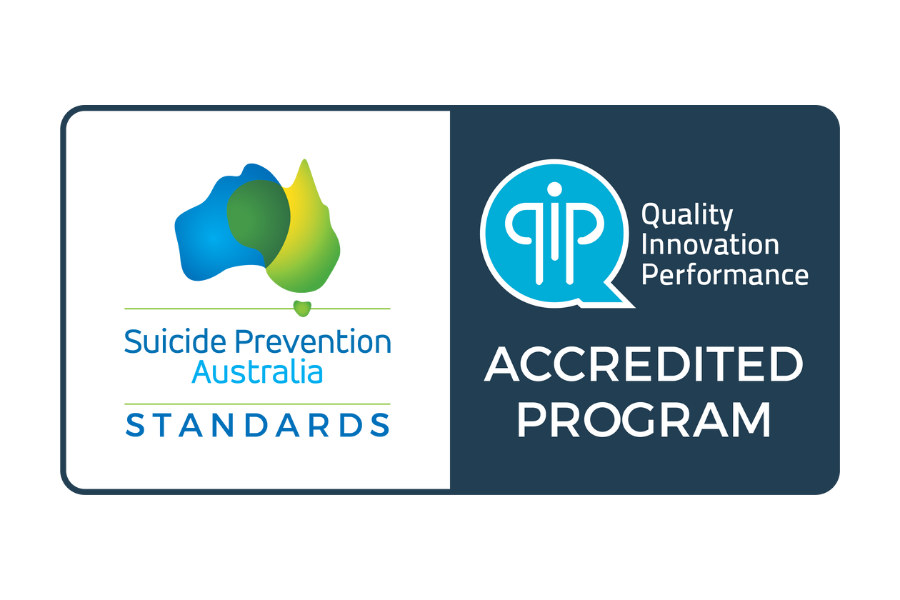
Suicide Prevention Accreditation Program
Supports organisations to implement safe, high-quality, and effective suicide prevention and postvention programs in Australia. Accredited programs meet the Suicide Prevention Australia Standards for Quality Improvement which require programs to collaborate and consult with people who have a lived experience of suicide in all aspects of program development and delivery.
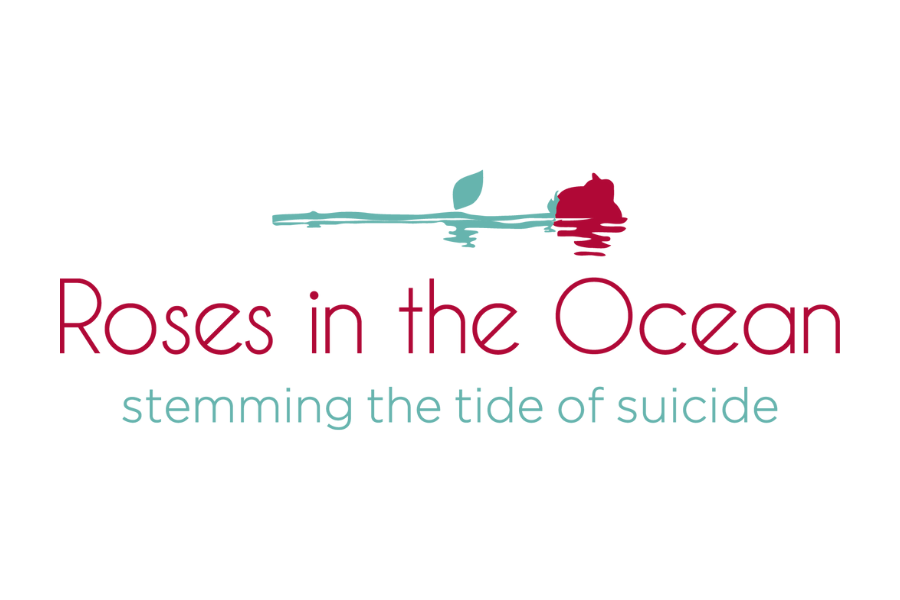
Roses in the Ocean
Roses in the Ocean is Australia’s national lived experience of suicide organisation. They exist to save lives & to reduce emotional distress & pain. They have a variety of resources to understand and integrate lived experience better, along with workshops to support change in workplaces
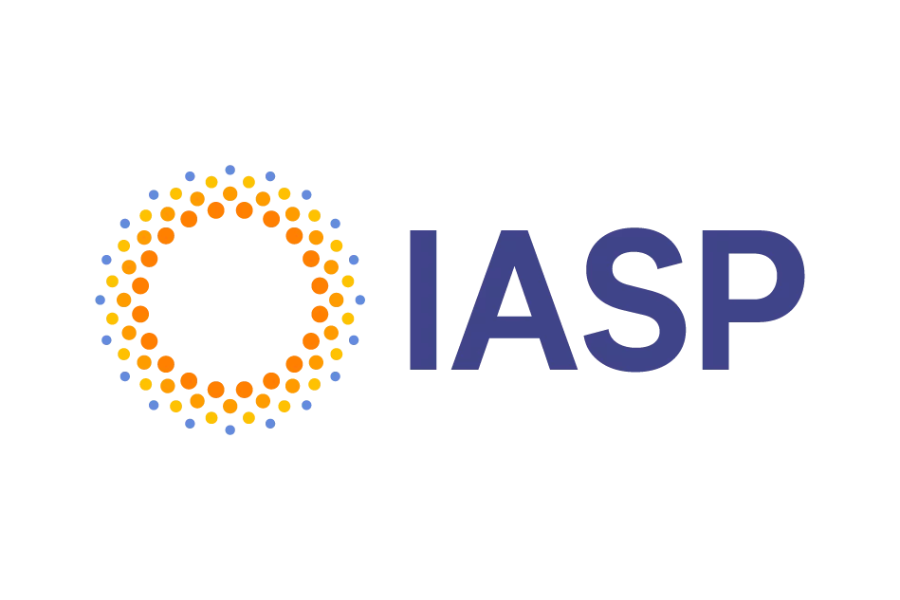
International Association for Suicide Prevention (IASP)
IASP leads the global role in suicide prevention by strategically developing an effective forum that is proactive in creating strong collaborative partnerships and promoting evidence-based action in order to reduce the incidence of suicide and suicidal behaviour. They have created a Lived Experience of Suicide Outreach Brief which highlights tips on engaging with people who have a lived experience of suicide.
If you have any questions about lived experience, please contact Suicide Prevention Australia at livedexperience@suicidepreventionaust.org or phone 02 9262 1130.
